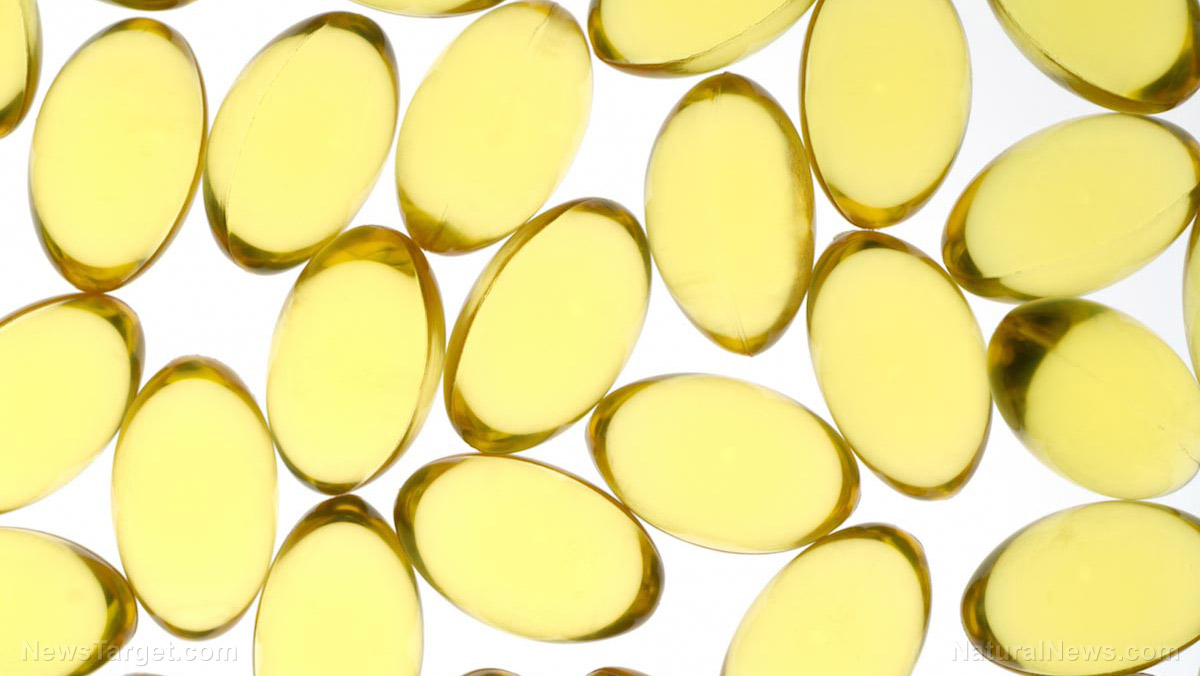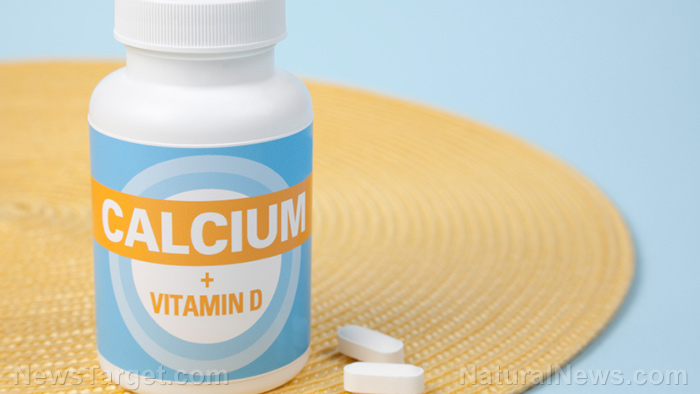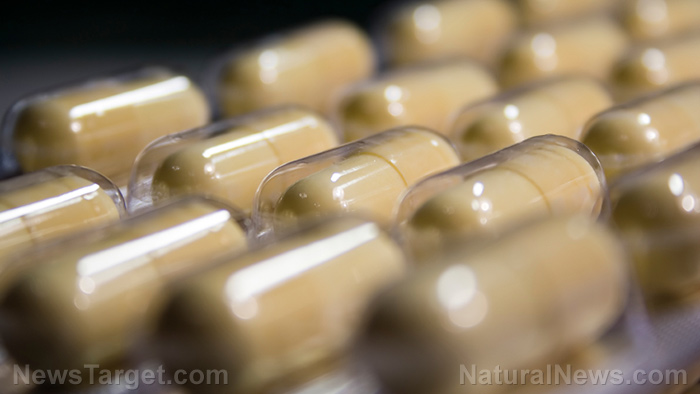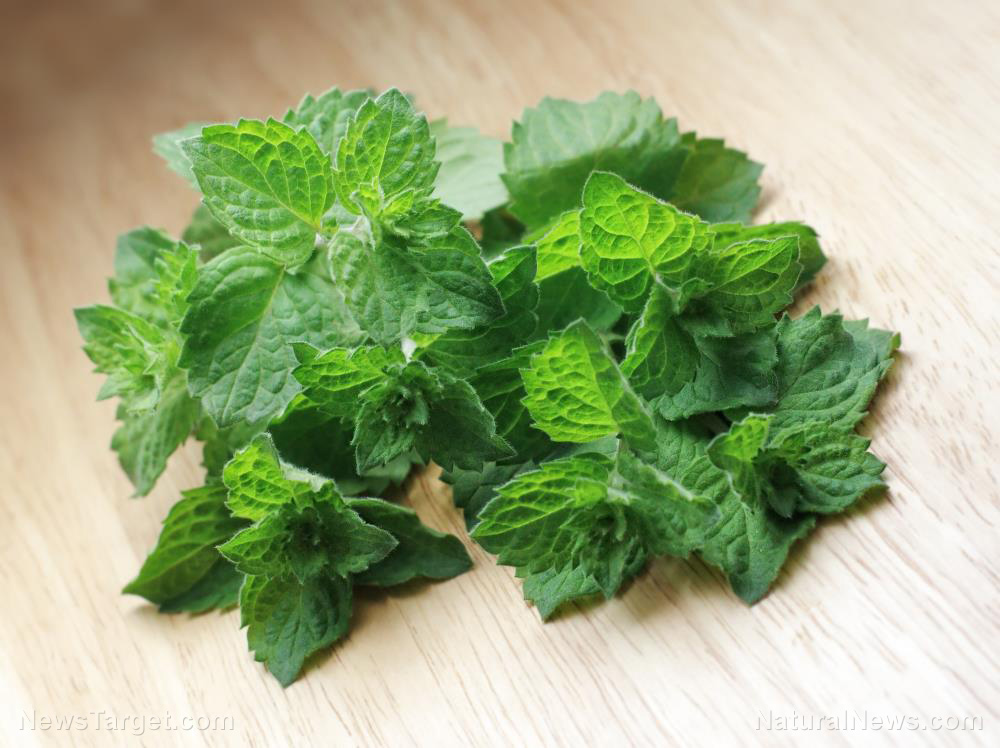Cranberries are a great addition to diet for pregnant women, thanks to its antibacterial property
10/04/2019 / By Evangelyn Rodriguez
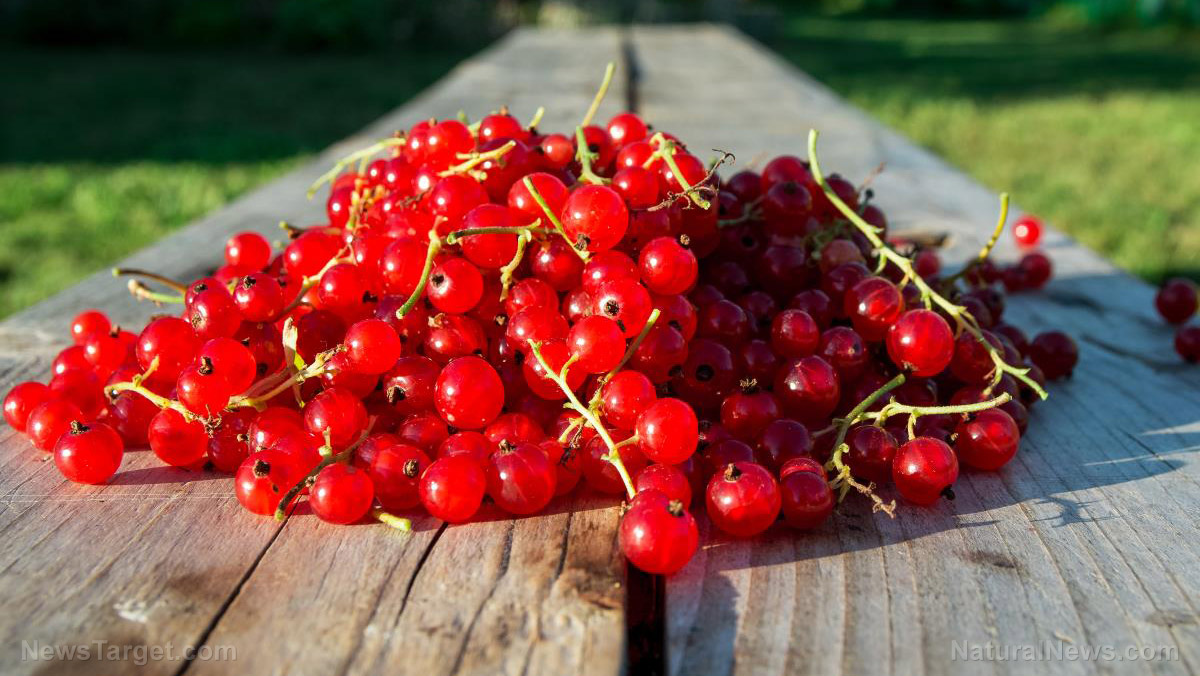
Expectant mothers may find cranberries a beneficial addition to their diet to help protect against health complications associated with pregnancy. In a pilot study published in The Journal of Alternative and Complementary Medicine, researchers from the University of California investigated the tolerability and effectiveness of a supplement containing cranberry extracts in addressing asymptomatic bacteriuria or ASB. They reported that the supplement is well-tolerated by pregnant women and provides an excellent means of preventing ASB during pregnancy.
Pregnant women are more at risk of developing ASB than non-pregnant women. ASB refers to a higher-than-normal concentration of bacteria in the urine in the absence of an infection. According to statistics, about 70 percent of pregnant women develop glycosuria, the presence of excessive amounts of sugar in the urine. This is due to the reduced ability of the kidneys to filter and excrete glucose during pregnancy. This, in turn, encourages bacterial growth. If left untreated, ASB can cause complications like cystitis (bladder inflammation) and pyelonephritis (kidney inflammation), which can both affect pregnancy outcomes. Hence, early diagnosis and treatment of ASB in pregnant women is important.
Cranberry supplements can potentially prevent ASB during pregnancy
For their study, the researchers evaluated the compliance with and tolerability of daily intake of cranberry capsule for the prevention of ASB during pregnancy. They recruited a total of 49 pregnant women from two sites and randomly assigned them to two groups: One group received two doses of the cranberry supplement daily at gestational ages less than 16 weeks, while the other group received a matching placebo.
The researchers scheduled up to seven monthly visits for each patient and evaluated data pertaining to their delivery.
The researchers reported that the mean compliance rate over the study period was 82 percent. For both groups, 74 percent of the patients achieved good compliance. Most patients stopped taking the cranberry capsule after 34-38 weeks.
Multivariate logistic regression and longitudinal analysis showed that cranberry treatment had a significant interaction time effect. Although 30 percent of patients withdrew from the study for various reasons, only one patient withdrew due to intolerance to the cranberry capsules. This suggested that cranberry consumption was not a predictor of gastrointestinal intolerance or study withdrawal.
Meanwhile, loss to follow-up was due to either provider change (18 percent) or therapy disinterest (eight percent). Seven cases of ASB — but without cystitis or pylonephritis — occurred in five patients: eight percent in the cranberry group and 12 percent in the placebo.
Based on these results, the researchers concluded that compliance with and tolerability of cranberry capsule ingestion are good among pregnant women, and that the supplement provides an effective means of preventing ASB during pregnancy.
Cranberry, the antibacterial fruit
The cranberry plant is a dwarf shrub native to the northern parts of Asia, Europe, and North America. It is best-known for its small but strikingly red berries, which are used to make juice drinks, sauces, and health supplements. Cranberry fruits are nutritious and full of phytonutrients like quercetin, myricetin, peonidin, ursolic acid, and type A proanthocyanidins. These compounds give cranberries the ability to provide various health benefits, such as:
- Prevention of urinary tract infection (UTI)
- Protection against cardiovascular disease
- Anti-tumor activities
- Prevention of gum disease
- Rich source of natural antioxidants
- Anti-diabetic properties
- Cholesterol-lowering effects
Among the many beneficial properties of cranberries, their antimicrobial activity is probably one of the most extensively studied. Cranberry extracts have been proven effective against bacteria that cause oral infections, gastrointestinal infections, and UTIs. In fact, cranberry juice is recommended for the prevention or treatment of UTI. Cranberries also have much stronger antimicrobial activity (against Streptococcus aureus) than other berries such as blueberries, acai berries, raspberries, and strawberries, according to studies.
Learn more about antimicrobial fruits like cranberries at NaturalAntibiotics.news.
Sources include:
Tagged Under: alternative medicine, anti-diabetes, antibacterial, antimicrobial, antioxidants, asymptomatic bacteriuria, clean food, Cranberries, cranberry, cranberry supplements, food cures, food is medicine, fruits, functional food, gastrointestinal intolerance, natural antibiotics, natural cures, natural medicine, phytonutrients, pregnancy, prevention, remedies, research, supplements, urine bacteria, women's health
RECENT NEWS & ARTICLES
COPYRIGHT © 2017 SUPPLEMENTS REPORT







